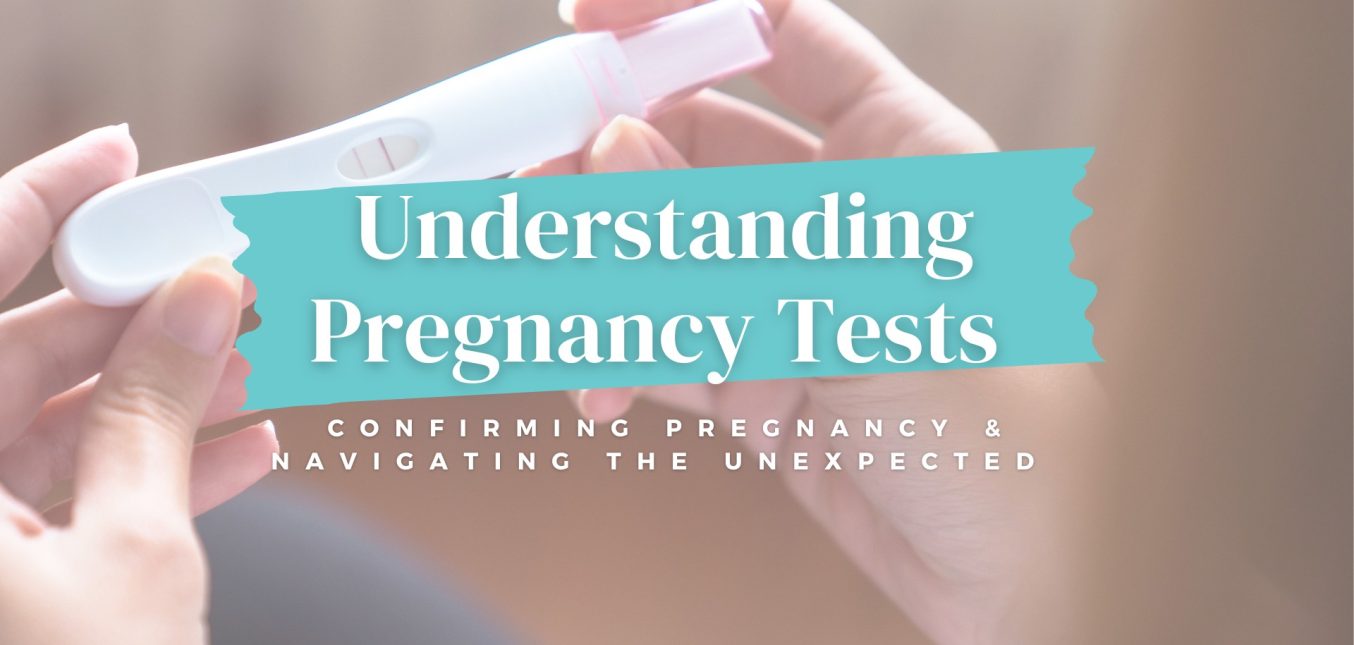Pregnancy tests are designed to detect the presence of a hormone called human chorionic gonadotropin (hCG), which your body begins producing shortly after a fertilized egg attaches to the lining of the uterus. There are two main types of pregnancy tests: home tests (detects hCG in your urine) and medical tests (detects hCG in either urine or blood). Both are effective, but medical tests can provide a more definitive answer due to their ability to measure the exact hCG levels.
The Best Time to Take a Pregnancy Test
There are two key things to keep in mind when deciding what time to take a pregnancy test. For the best chance of the test detecting hCG in your bloodstream:
- One week after your missed period
The best time to take a test is a week after your missed period. This is because your body needs time to build up a detectable level of hCG after ovulation and implantation.
- First thing in the morning after you wake up.
Your urine contains the highest amount of hCG first thing in the morning, and is more likely to show an accurate result, this is especially important the closer you are to your missed period.
How to Read a Pregnancy Test
Interpreting a pregnancy test is typically straightforward: two lines indicate a positive pregnancy test, and one line indicates a negative result. However, a faint line can sometimes appear, indicating a low hCG level which could be due to early pregnancy or a false positive. It’s crucial to follow the test kit’s instructions for accurate results.
Coping with an Unexpected Positive Result
An unexpected positive result can produce a wide range of questions and emotions. Seek support from trusted people in your life, and contact Eva’s Place to help you work out what you are feeling. Eva’s Place exists to hold space for you and aims to provide what you need to help you make an informed choice about what you want to do.
Remember, a pregnancy test is just the first step. While it provides you with a good idea of whether you are pregnant or not, only a medical test from your GP can give you a conclusive answer.

